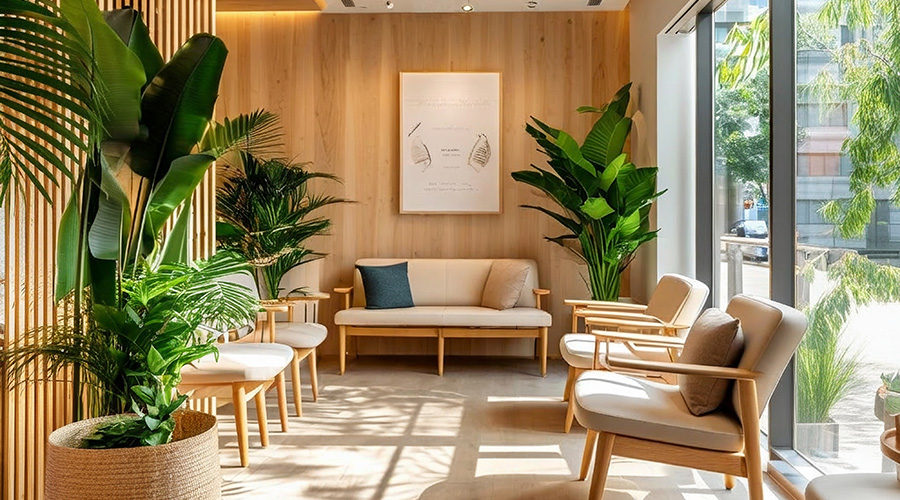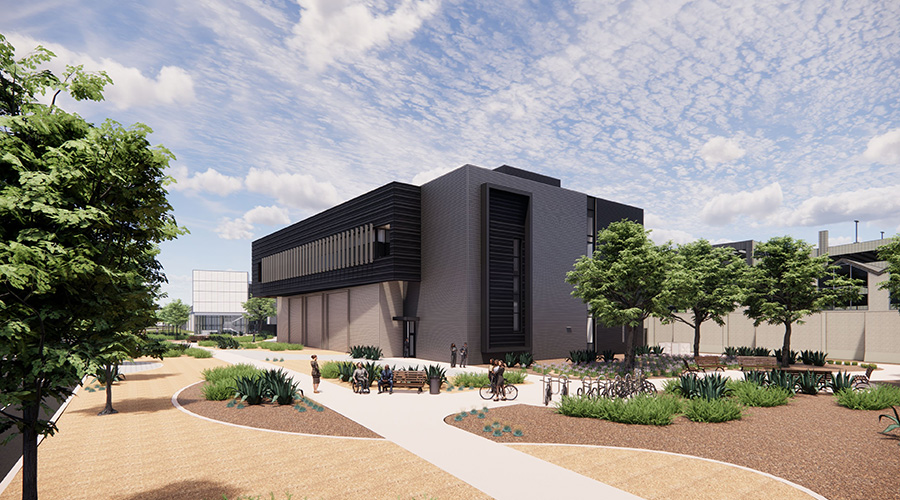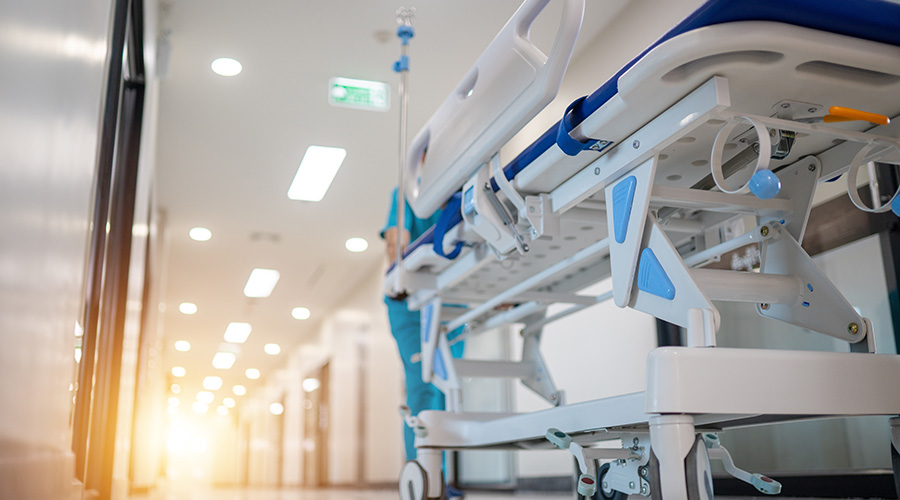The COVID-19 pandemic is far from over. Healthcare systems have made great strides to limit deaths and the spread of coronavirus, but hospitals around the country should shift their mindset from, “When will this be over?” to “How can we incorporate COVID-19 protocols into our daily operations?” The rise of the Delta variant proves that healthcare facilities are going to have to make a pandemic safety response plan a permanent part of their system.
Healthcare provider Medxcel treated the second case of COVID-19 in the United States in January 2020, as well as the first recorded human-to-human transmission in the country. This organization had early contact with coronavirus and was able to see how dangerous the virus could be. Unlike other facilities that faced shortages of beds and personal protection equipment (PPE), Medxcel was prepared for the overwhelming surge of COVID patients.
“We never ran into a situation where we had to reuse PPE for more than a day or resterilize used equipment, or use handmade PPE devices or alternatives such as snorkel masks with any of our caregivers,” said Scott Cormier, Medxcel’s vice president of emergency management, environment of care and safety,.
The medical organization has had evolving pandemic response plans in place since the 2005 avian influenza scare, according to Cormier. At that time he and his staff met with government officials and other healthcare professionals and ran through various scenarios that could be sparked by a pandemic. They asked questions like, “What happens if we lose 40 percent of your staff?” or, “What decisions will we have to make if we’re limited on supplies, medication, or resources like respirators?”
“We kept those pandemic plans up to date after that just to make sure that if something were to happen we would have a plan that was ready to go,” Cormier said.
Medxcel quickly developed it’s COVID-19 protocols as it realized the persistent nature of the virus. The organization emphasized the simple strategies that work with its associates, such as handwashing, keeping surfaces clean, not coming to work when you’re sick, and covering the mouth and nose when coughing. It then restricted access to its facilities to limit the chance of pathogen transmission. Those who wanted to get its facilities had to complete a questionnaire about where they had been and how they were feeling. Medxcel stocked its facilities with enough PPE so people would have it available without having to search for it.
“A lot of the things we learned last summer are things that still work even with the delta variant,” Cormier said. Social distancing, limiting the amount of entrances coming into your facility, making sure that there is a very good cleaning protocol, adding negative pressure spaces to care for covid patients, and making sure that they’re cared for in closed rooms are additional protocols that Medxcel followed. It also has infection prevention and safety teams do rounds throughout its hospitals to make sure that people are wearing masks or the proper PPE, and that they’re socially distanced.
The pandemic should be a wakeup call for a lot of healthcare systems. Emergency management and safety is typically looked at as a regulatory function or a revenue depleter so facilities may not put a lot of time and effort into. Cormier believes that having a proper pandemic response can actually be a revenue generator.
“It’s an important thing when you can stay open and see patients and keep everyone safe because you’ve had a foundation of a program before an emergency occurs,” he said.

 Grounding Healthcare Spaces in Hospitality Principles
Grounding Healthcare Spaces in Hospitality Principles UC Davis Health Selects Rudolph and Sletten for Central Utility Plant Expansion
UC Davis Health Selects Rudolph and Sletten for Central Utility Plant Expansion Cape Cod Healthcare Opens Upper 2 Floors of Edwin Barbey Patient Care Pavilion
Cape Cod Healthcare Opens Upper 2 Floors of Edwin Barbey Patient Care Pavilion Building Sustainable Healthcare for an Aging Population
Building Sustainable Healthcare for an Aging Population Froedtert ThedaCare Announces Opening of ThedaCare Medical Center-Oshkosh
Froedtert ThedaCare Announces Opening of ThedaCare Medical Center-Oshkosh